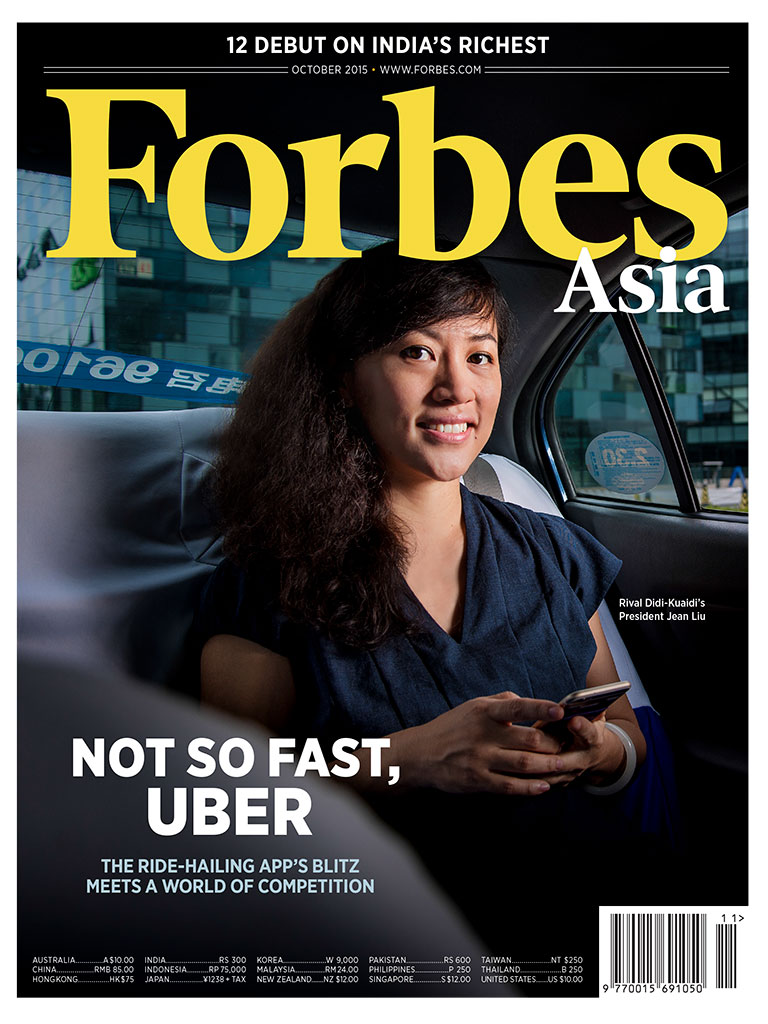
Uber has traded in its China business model for a 20 percent share in a new joint venture with its primary Chinese competitor, Didi Chuxing. Handing over its brand in China as well as its network of drivers and customers, Uber will receive approximately $7 billion in stock and $1 billion in cash to use in other markets.
Facing growing competition from automakers, such as Tesla, which recently announced a revised master plan to disintermediate mobility providers like Uber and Lyft with its own autonomous car fleet, Uber’s decision is the right move. The company has acknowledged spending more than $2 billion to gain only approximately 12 percent of the private car hailing market. BIA/Kelsey estimates that its actual spending exceeded $2.6 billion since it entered China in July 2014.
Didi Chuxing, the product of a 2015 merger of the leading domestic Chinese mobility companies, has attracted $1 billion in investment from Apple, which is seeking to ensure the iPhone’s role as a China-friendly device. All tolled, Didi Chuxing has raised $7.32 billion, almost as much as Uber ($8.71 billion). But Didi Chuxing has concentrated all its efforts on the Chinese market while Uber is entering markets all over the world.
By ceding its brand in China, Uber uncategorically surrendered. However, if the current value of its share of the new joint venture is sustainable, Uber will reap a 2x return on its losses to date. It also allows Uber to learn from Chinese ride-sharing, which accounts for approximately 70 percent of all on-demand ride volume globally, and apply it in other emerging markets. In India, for example, Uber’s showdown with OlaCabs could be ramped up as a result of its disinvestment in China.
Notably, China’s government just made its first administrative ruling legalizing ride hailing apps last week. The formalization of the industry, in this case, appears to have created barriers that convinced Uber leadership that it was time to partner instead of compete to win in China. For example, required registration of every car used for ride hailing services with the Chinese government increased the administrative overhead of companies competing with Didi Chuxing.
This marks a maturation of ride-sharing applications, and the emergence of national regulatory structures that will redefine the accessibility of some markets that embrace protective rules. Uber seems to have judged that Chinese mobility services are well established, that it had lost the battle but could still win by allying with the victor. At first blush, Uber has played the exit well, reaping a 200 percent return, or more.

This Post Has 0 Comments